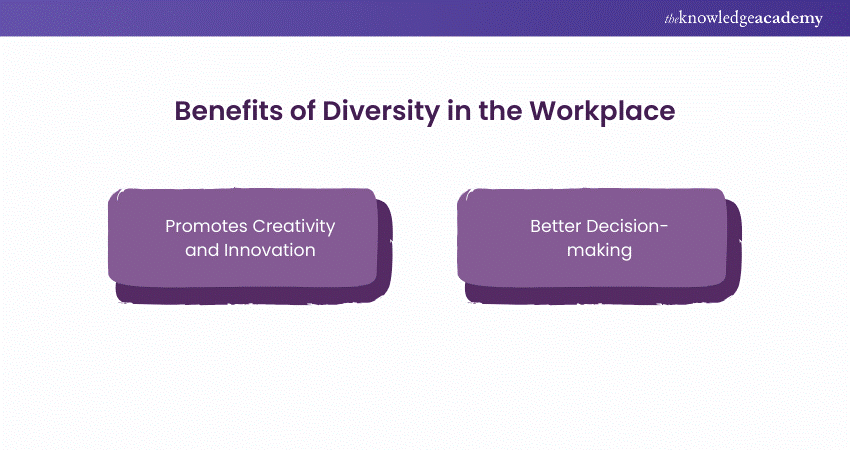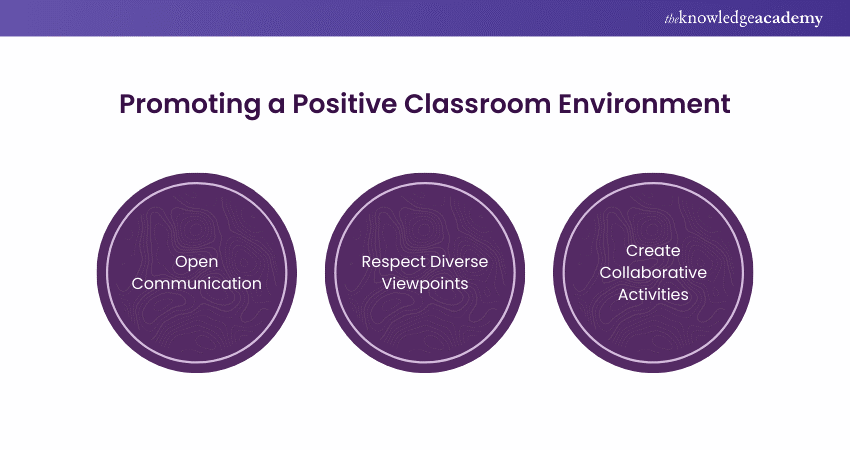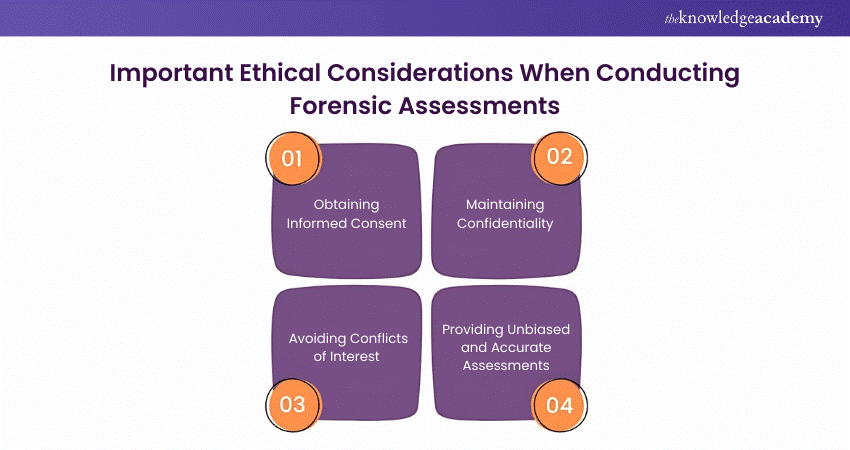We may not have the course you’re looking for. If you enquire or give us a call on + 1-866 272 8822 and speak to our training experts, we may still be able to help with your training requirements.
Training Outcomes Within Your Budget!
We ensure quality, budget-alignment, and timely delivery by our expert instructors.

As you step into the domain of psychology, a field that delves into the intricacies of the human mind and behaviour, you will encounter a spectrum of questions that assess your knowledge, skills, and passion. In this comprehensive blog, we have compiled an array of essential psychology interview questions and expertly crafted answers.
From clinical to educational, neuropsychological to social psychology, we will equip you with insights to confidently tackle interviews in various subfields. Let us dive into the world of Psychology Interview Questions and unveil the keys to your successful interview journey.
Prepare for your Psychology Interview Questions with the most asked interview questions and answers. Boost up & land your dream job in the industry.
Table of Contents
1) Basic Psychology Interview Questions for Freshers
2) Intermediate Psychology Interview Questions
3) Advanced Psychology Interview Questions for Experienced
4) Conclusion
Basic Psychology Interview Questions for Freshers
Here are some common Psychology Interview Questions for freshers, along with tips on how to answer them:
1) Can you explain the nature vs. nurture debate?
The nature vs. nurture debate explores whether genetics (nature) or environment and experiences (nurture) play a more significant role in shaping human behaviour and development. This ongoing discussion has implications for understanding psychological traits and disorders.

2) Describe the concept of classical conditioning.
Classical conditioning is a learning process where a neutral stimulus becomes associated with a response after being paired with a stimulus that naturally evokes that response. This principle was famously illustrated by Ivan Pavlov’s experiments with dogs.
3) Explain the bystander effect.
The bystander effect occurs when individuals are less likely to help someone in need if other people are present due to a diffusion of responsibility. This phenomenon demonstrates how social dynamics can influence altruistic behaviour.
4) What is Cognitive-Behavioural Therapy (CBT)?
Cognitive-behavioural Therapy (CBT) is a structured, goal-oriented psychotherapy that focuses on changing negative thought patterns to influence behaviour and improve mental health. It is widely used to treat anxiety and depression effectively.
5) Describe the difference between qualitative and quantitative research.
Qualitative research focuses on understanding experiences and perspectives, typically involving non-numerical data. Quantitative research, on the other hand, involves collecting and analysing numerical data to identify patterns and make predictions which can be statistically validated.
6) Explain the placebo effect.
The placebo effect is when individuals experience a perceived improvement in their condition after receiving a treatment that has no therapeutic effect, highlighting the power of belief in recovery. This effect underscores the complex interaction between mind and body in health.
7) Describe the concept of scaffolding in education.
Scaffolding is an educational approach where teachers provide support to students, gradually reducing assistance as students gain independence and mastery. This technique helps students build confidence and develop critical thinking skills.
8) Can you discuss the concept of multiple intelligences?
The theory of multiple intelligences, developed by Howard Gardner, suggests that intelligence is not a single entity but a range of abilities, such as linguistic, logical-mathematical, and spatial. This framework encourages educators to tailor their teaching strategies to diverse learning styles.
9) What is the purpose of a 360-degree feedback process?
A 360-degree feedback process gathers performance feedback from multiple sources, including colleagues, supervisors, and subordinates, to provide a comprehensive evaluation of an employee's skills and behaviours. This approach fosters a culture of continuous improvement and accountability.
10) Explain the concept of organisational culture.
Organisational culture refers to the values, beliefs, and behaviours that shape the social and psychological environment of a workplace, influencing how employees interact and make decisions. A strong culture can enhance employee satisfaction and overall performance.
11) What are the benefits of diversity in the workplace?

Workplace diversity promotes creativity, innovation, and better decision-making by bringing together different perspectives, experiences, and ideas. Embracing diversity can lead to improved employee morale and enhanced company reputation.
12) Describe the functions of the frontal lobe.
The frontal lobe is responsible for higher cognitive functions, such as decision-making, problem-solving, planning, and controlling voluntary movement. It plays a critical role in personality expression and regulating social behaviour.
13) Explain the concept of neuroplasticity.
Neuroplasticity is the brain's ability to reorganise and form new neural connections, allowing it to adapt to learning, experience, and even injury. This adaptability is crucial for recovery from brain damage and ongoing skill development.
14) What is criminal profiling, and how is it used in forensic psychology?
Criminal profiling involves analysing evidence and behaviour patterns to infer characteristics of an offender, aiding law enforcement in identifying and apprehending suspects. This technique combines psychological theories with investigative methods to solve crimes.
15) Explain the concept of competency to stand trial.
Competency to stand trial assesses whether a defendant understands the charges against them and can participate meaningfully in their defence. This assessment ensures that justice is served fairly and that defendants are treated with due process.
16) How does stress impact physical health?
Stress can negatively impact physical health, leading to issues like high blood pressure, weakened immune function, and an increased risk of heart disease. Chronic stress can also exacerbate existing health conditions and diminish overall well-being.
Embark on a journey of understanding and compassion with our Mental Health Courses. Expand your knowledge and make a difference in the lives of others.
17) What is the biopsychosocial model of health?
The biopsychosocial model of health suggests that health and illness are influenced by a combination of biological, psychological, and social factors. This holistic approach promotes comprehensive care that addresses all aspects of a patient's life.
18) What is social cognition?
Social cognition is the process of interpreting, analysing, and remembering information about people and social situations to make decisions and understand others' behaviours. This understanding is vital for effective communication and interpersonal relationships.
19) Explain the concept of cognitive dissonance.
Cognitive dissonance occurs when a person experiences discomfort due to conflicting beliefs, attitudes, or behaviours, often leading to a change in beliefs to reduce the inconsistency. This phenomenon illustrates how humans strive for internal harmony and consistency.
20) How does conformity influence group behaviour?
Conformity is the tendency for individuals to adopt group norms and behaviours, often to avoid conflict or rejection, influencing group dynamics and decisions. This social pressure can significantly impact individual choices and group cohesion.
Intermediate Psychology Interview Questions
Here are some intermediate Psychology Interview Questions, along with tips on how to answer them:
21) What is the difference between operant conditioning and classical conditioning?
Classical conditioning involves learning through association, while operant conditioning is learning through consequences, such as rewards and punishments. Both processes illustrate fundamental mechanisms of learning and behaviour modification.
22) How do you ensure patient confidentiality?
Here's how you can answer this question:
“I ensure patient confidentiality by securely storing records, limiting access to authorised personnel only, and discussing patient information in private settings. Maintaining trust is essential for effective therapeutic relationships.”
23) What is the importance of random sampling in research?
Random sampling ensures that every member of a population has an equal chance of selection, reducing bias and enhancing the generalisability of research findings. This practice increases the validity of study conclusions.
24) How do you ensure the reliability and validity of research findings?
Ensuring reliability involves using consistent procedures and measures, while validity is achieved through careful design and accurate measurement of variables. Together, these principles reinforce the trustworthiness of research outcomes.
25) How would you address potential ethical concerns in your research?
You can answer this question like this:
"I would address ethical concerns by obtaining informed consent, ensuring participant confidentiality, and conducting a thorough ethical review to prevent potential harm. Additionally, I would provide participants with the option to withdraw at any time without penalty."
26) What strategies would you use to help a student with learning disabilities?
You can answer this question like this:
"I would tailor instructional methods to their needs, provide additional support, and use inclusive teaching strategies to foster their strengths. This might include using assistive technologies or differentiated instruction to cater to their learning styles."
27) How do you promote a positive classroom environment?

Here's how you can answer this question:
"I encourage open communication, respect diverse viewpoints, and create collaborative activities to make students feel valued and engaged. Building strong relationships with students also fosters trust and enhances their willingness to participate."
28) How would you address a student who displays disruptive behaviour in class?
Here's how you can answer this question:
"I would address the behaviour calmly, establish clear expectations, and work with the student to understand and manage the cause of their actions. It's important to follow up with the student after addressing the behaviour to ensure they feel supported.
29) How do you measure employee job satisfaction?
Here's how you can answer this question:
"I measure job satisfaction using surveys, one-on-one discussions, and performance feedback to gauge employee engagement and identify areas for improvement. Regular feedback sessions also help in understanding changing employee needs and sentiments."
30) How would you address conflicts within a team?
Here's how you can answer this question:
"I would address conflicts by promoting open communication, encouraging mutual respect, and facilitating discussions to reach a constructive resolution. Creating a safe space for team members to express their concerns can significantly aid in conflict resolution."
31) Can you explain the role of neurotransmitters in brain function?
Neurotransmitters are chemicals that transmit signals between neurons, playing a critical role in regulating mood, cognition, and overall brain function. Different neurotransmitters can influence a range of behaviours, from happiness to anxiety.
32) What is the difference between grey matter and white matter in the brain?
Grey matter consists of neuron cell bodies responsible for processing information, while white matter contains axons that facilitate communication between brain regions. This distinction is crucial for understanding how different brain areas interact.
33) How does the brain's reward system influence addiction?
The brain's reward system reinforces certain behaviours by releasing dopamine, which can lead to addiction when individuals seek repeated pleasure-inducing behaviours. Over time, this can create a cycle of dependence, making it difficult to break free from the addiction.
34) How do psychologists assess the credibility of eyewitness testimony?
Psychologists assess credibility through factors like memory accuracy, confidence, consistency, and the conditions under which the testimony was provided. They may also consider the potential influence of stress or suggestive questioning on memory recall.
35) What ethical considerations are important when conducting forensic assessments?

Key ethical considerations include obtaining informed consent, maintaining confidentiality, avoiding conflicts of interest, and providing unbiased, accurate assessments. Ensuring that assessments are used appropriately in legal contexts is also critical.
Unlock the secrets of human behaviour! Join in our Social Psychology Training and transform your understanding today!
36) Describe the role of a forensic psychologist in a criminal investigation.
A forensic psychologist assists in profiling suspects, evaluating mental states, and providing expert testimony to support criminal investigations and court proceedings. They may also contribute to risk assessments for re-offending.
37) How can health psychologists promote behaviour change in patients?
Health Psychologists use techniques like motivational interviewing, goal setting, and behaviour modification strategies to encourage positive changes in patients. Tailoring interventions to the individual's personal values and lifestyle can enhance effectiveness.
38) Describe the link between psychological factors and chronic pain.
Psychological factors, such as stress and anxiety, can intensify pain perception and lead to chronic pain, creating a cycle of discomfort and emotional distress. Understanding this link helps in developing comprehensive treatment plans that address both physical and emotional needs.
39) Can you discuss the impact of social media on self-esteem?
Social media can impact self-esteem by exposing individuals to idealised images and social comparisons, which may lead to feelings of inadequacy and low self-worth. This influence is particularly pronounced among adolescents, who are still developing their identities.
40) Can you discuss the role of neuropsychological assessments in diagnosing brain-related disorders?
Neuropsychological assessments evaluate cognitive functions to diagnose brain-related disorders, helping to identify impairments and inform treatment plans. These assessments provide valuable insights into a patient's cognitive strengths and weaknesses.
41) How would you approach improving employee motivation and engagement within an organisation?
Here's how you can answer this question:
"I would identify motivators through feedback, implement recognition programs, and promote professional development to enhance employee satisfaction and commitment. Creating opportunities for team collaboration can also foster a sense of belonging and engagement."
42) How can you address the needs of gifted and talented students in the classroom?
Here's how you can answer this question:
"I would provide challenging tasks, encourage independent projects, and adapt my teaching to support their advanced learning pace and unique abilities. Collaborating with parents and specialists can also enhance support for these students."
Advanced Psychology Interview Questions for Experienced
Here are some advanced Psychology Interview Questions for experienced professionals, along with tips on how to answer them:
43) Describe your approach to helping clients with trauma or PTSD.
Here's how you can answer this question:
"I approach trauma by building trust, using trauma-focused therapies like EMDR, and helping clients develop coping strategies to process and recover from their experiences. Establishing a safe therapeutic environment is essential for fostering healing."
44) How would you design a longitudinal study to examine the impact of early childhood experiences on adult mental health?
Here's how you can answer this question:
"I would recruit participants at a young age, gather data on their experiences, follow up regularly over the years, and assess their mental health in adulthood to analyse patterns. Including diverse backgrounds can enhance the study's applicability and richness."
45) What methods would you use to evaluate the effectiveness of a new therapeutic intervention in a clinical setting?
Here's how you can answer this question:
"I would use randomised controlled trials, pre-and post-intervention assessments, and long-term follow-ups to evaluate the intervention’s impact on patient outcomes and effectiveness. Gathering qualitative feedback from participants can also provide deeper insights into their experiences."
Ready to dive deeper into the fascinating world of psychology? Elevate your understanding with our Psychology Course – Join now!
Conclusion
Mastering Psychology Interview Questions can feel challenging, but with thoughtful preparation and genuine curiosity, you're well on your way to making a memorable impression. As you explore concepts from cognitive dissonance to classical conditioning, each answer provides a unique chance to showcase your understanding and passion for psychology. Remember, every question is not just about what you know but how you apply and communicate it.
Empower your mind! Join our Psychological Skills Training for Human Wellness Training and learn strategies to enhance your emotional resilience and well-being.
Frequently Asked Questions
Upcoming Health & Safety Resources Batches & Dates
Date
 Psychology Course
Psychology Course
Fri 20th Dec 2024
Fri 17th Jan 2025
Fri 21st Feb 2025
Fri 4th Apr 2025
Fri 6th Jun 2025
Fri 25th Jul 2025
Fri 7th Nov 2025
Fri 26th Dec 2025







 Top Rated Course
Top Rated Course


 If you wish to make any changes to your course, please
If you wish to make any changes to your course, please


